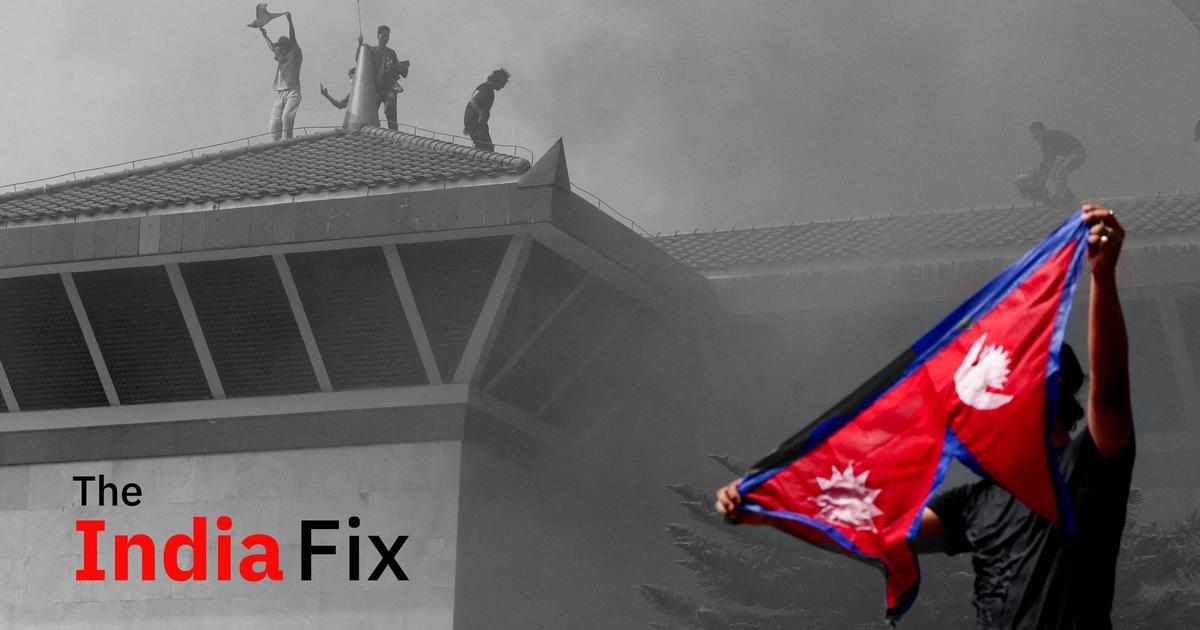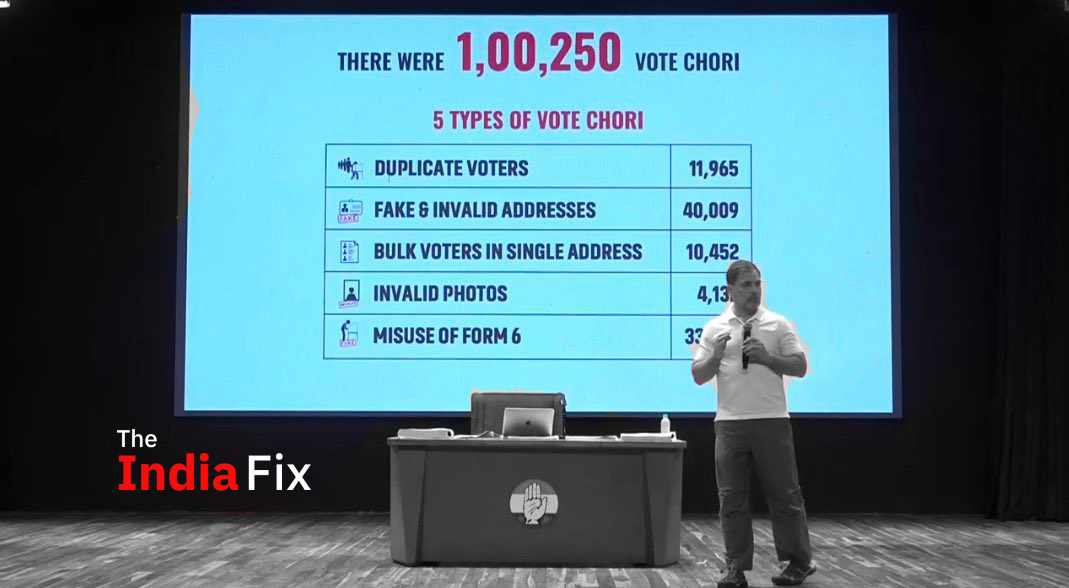
Welcome to The India Fix by Shoaib Daniyal, a newsletter on Indian politics. To get it in your inbox every Monday, sign up here (click on “follow”). Have feedback or interesting links? Send them to theindiafix@scroll.in.
On December 9, Chinese troops launched yet another incursion into Indian territory, this time in Arunachal Pradesh. They were possibly using force to change the Line of Actual Control that demarcates the two armies, according to a former Indian ambassador to China.
This involved 300 soldiers of the People’s Liberation Army, as per former major general Ashok K Mehta, attempting a “replay of Galwan” to try and “one day escalate to undo Indian occupation” of the area.
As Mehta notes, this is not new. China has pushed similarly hard in Ladakh, resulting in the violent 2020 clash in Galwan. The end result was the setting up of so-called buffer zones largely in what Delhi claims to be its territory. Angry Indian villagers claimed that in some cases, their grazing lands had been lost to these buffer zones. “China is forcefully claiming our territory, the loss is ours,” one Indian village head told the Hindu.
Political freeze
There are two remarkable things to conclude from this. One is the somewhat startling allegation that India is losing access to territory it, till recently, had access to. This is rare in the age of the nation state and even rarer given that India is a nuclear military power.
The other is how little these constant Chinese incursions have affected Indian politics. Unlike the geographically fluid empires of the past, modern nation states are particular to the point of being obsessive about territory. Yet, the Indian voter for the past two years has shrugged off the happenings on the India-China front at the ballot box.
What explains this political freeze on something so critical?
Hegemonic BJP
The biggest factor behind this phenomenon was the subject of an India Fix earlier this month: the Bharatiya Janata Party’s fantastic control of the media, especially television channels in English and Hindi. As complete as this control is, it becomes even more watertight when it comes to national security. Journalists largely shy away from asking hard questions on this issue and most mainstream television channels, in fact, push jingoism as part of their programming, completely hiding the real situation on the ground.
Some media outlets have even pushed misleading news in order to try and portray a muscular response from the Modi government to a domestic audience, even if there has not been one.
After the December 9 incident, while some newspaper reports identified that the area had seen regular aggression by the Chinese, there was little attempt at asking the Union government to explain what it was doing to push back the PLA. Or why, in fact, these clashes were kept under wraps for days, before Ajay Banerjee of the Tribune broke the news.
Concurrently, the BJP’s strong media control is further buttressed by the weak status of the Opposition. In fact, one of the first things the BJP did as the news of the Chinese incursion in Arunachal Pradesh surfaced was to dredge out an old allegation that the Rajiv Gandhi Foundation, headed by Sonia Gandhi, had received funds from the Chinese government. When Congress MP Rahul Gandhi said that China is preparing for war and the Modi government was not doing enough, the BJP launched an attack on him, claiming he “speaks the language of China and Pakistan”.
Simultaneously, the BJP disallowed any discussion about the Chinese threat in Parliament, ensuring that Opposition views about the issue do not reach the media and, from there, voters.
Owning the national security plank
The fragmentation of the Opposition space also means that in any real terms, it is only the Congress that has sharply raised the China issue. State parties have kept their attacks mild. Some of this comes from 2019, when questions raised by parties such as the Trinamool over the efficacy of the bombing raid in Pakistan’s Balakot saw a significant backlash from voters. It seems that while voters are fine with a political contestation over matters like welfare, this isn’t the case on a topic like national security.
This strong hold is not a coincidence: the BJP holds a lion’s share of the upper caste vote, the one demographic which not only prioritises national security as a political issue but drives conversation on it, given the social composition of the media industry.
Given these ground conditions, the BJP “owns” the national security plank in a way no other party can even think of. The converse of this is, of course, the reason why the United Progressive Alliance managed to get attacked so easily by the BJP on national security.

Protecting its muscular image
Lastly, the Modi government is helped by the fact that China has low domestic resonance, unlike Pakistan, which often serves as a dog whistle for the country’s Muslim minority. In fact, almost immediately after the border incident, the BJP actually bitterly attacked not China but Pakistan, over a war of words at the United Nations. This, even though in sharp contrast to the violent China border, India and Pakistan have a ceasefire along the Line of Control in Kashmir.
The lack of political conversation around the Chinese incursions is critical to the BJP, given it has staked much on a hyper muscular national security image. This is what drove Prime Minister Modi to falsely claim, in a public broadcast, that there had been no Chinese intrusion in Galwan.
Even if commentators are worried about its effect on India’s national security, the BJP’s China strategy has been hugely successful politically. In fact, so much so that the Modi government has no hesitation to even push for more Chinese imports – a rare, ultra laissez faire instance of trade increasing with military hostilities. Between Galwan and the December 9 clash, India’s deficit with China has gone up by an incredible 2.5 times.






















Write a comment ...